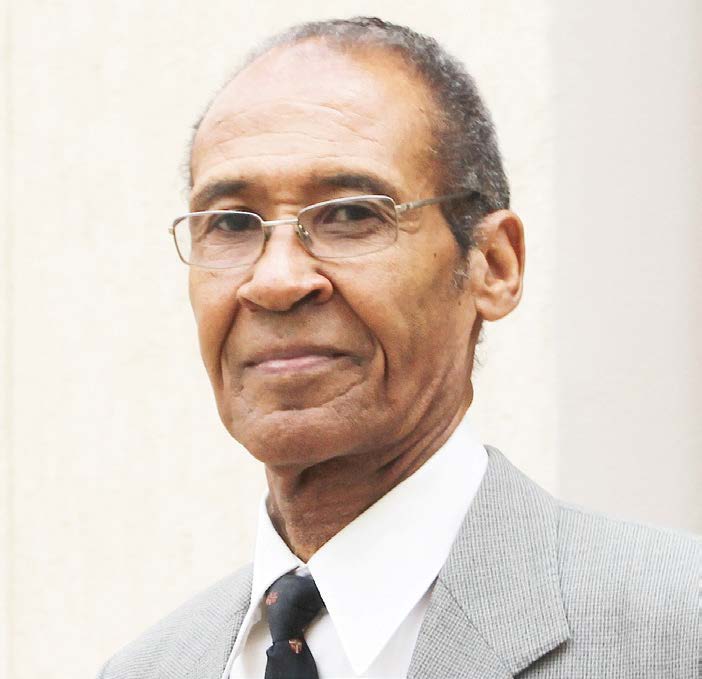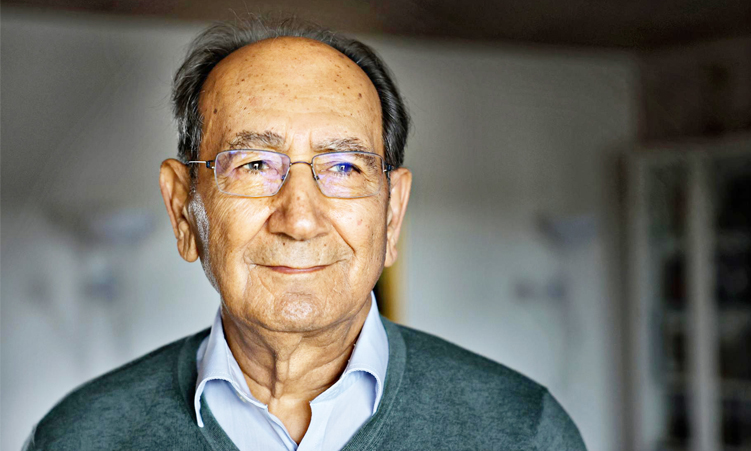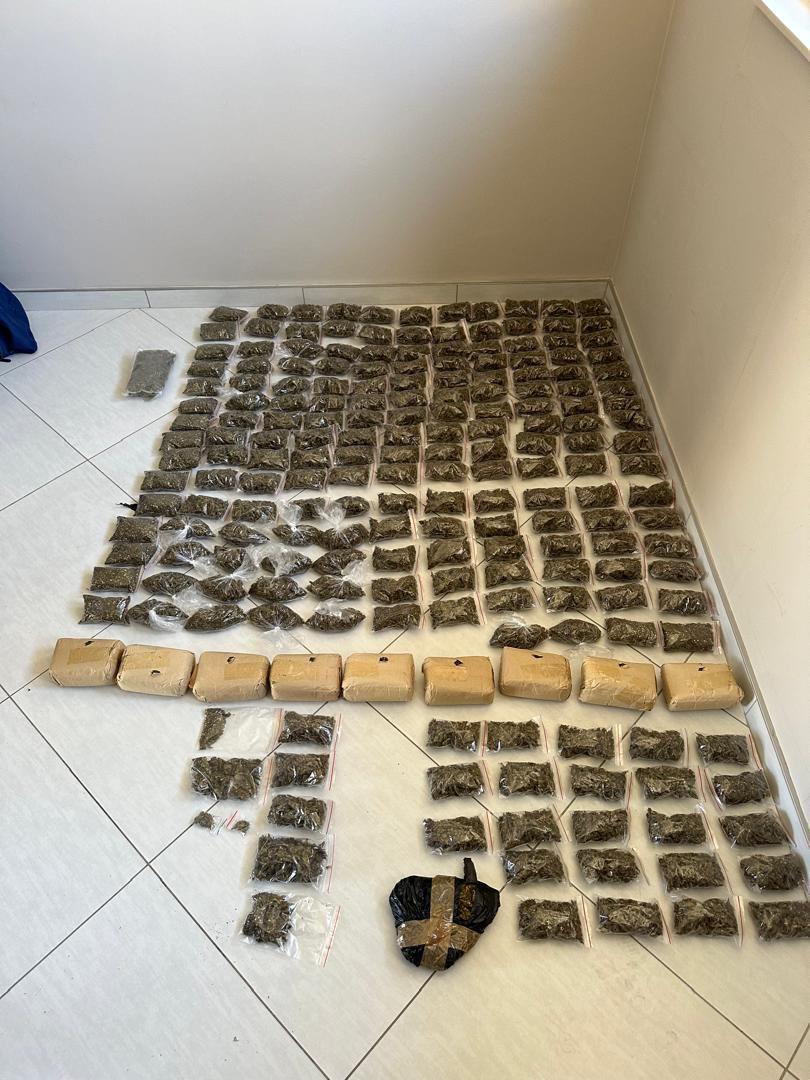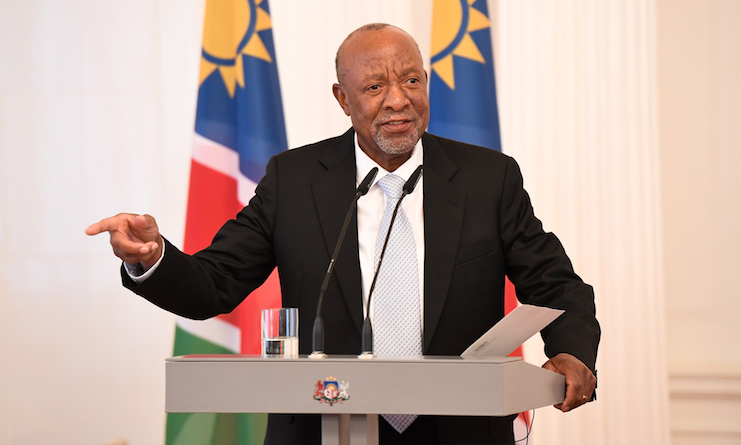FORMER Supreme Court judge and High Court judge president Pio Teek has died.
Teek died in a Windhoek hospital on Tuesday, one of his daughters, Pia Teek, confirmed yesterday. He was 74 years old.
Teek was the first black Namibian to be appointed to the country’s judiciary.
He served as Namibia’s ombudsman in an acting capacity from July 1990 to April 1992, and was appointed as a judge of the High Court in April 1992. At that stage, Teek was the first black Namibian to be appointed as a judge.
In April 1999, Teek was appointed as the judge president of the High Court. He was also the first black Namibian to hold that position, in which he served until June 2003, when he was appointed as an appeal judge of the Supreme Court.
Teek’s judicial career came to an early end, however, after he was arrested on child-rape and abduction charges involving two girls – nine and ten years old, respectively – at the end of January 2005.
Following his arrest, he was suspended from office and retired as a judge in October 2005.
Teek denied guilt on the charges, and after a trial in the High Court was acquitted in July 2006.
Two Supreme Court appeals by the state against his acquittal followed, and in December 2018 three non-Namibian acting judges of the appeal court finally cleared Teek on the charges he had faced.
Acting judge of appeal Bess Nkabinde, who wrote the court’s judgement, commented that in her view “the allegations of unlawful sexual acts or indecent acts or indecent assault and the unlawful supply of alcohol against [Teek] are devoid of any semblance of the truth”.
Reacting to the Supreme Court’s judgement, Teek stated: “Justice has been done on earth, as it is in heaven, at last. […] I’m a free man.”
Teek was a pioneer as a black lawyer and judge in Namibia, chief justice Peter Shivute said in a statement yesterday.
Shivute added that as an advocate before the country’s independence, Teek had worked under difficult circumstances, given the discrimination faced by black lawyers under apartheid, while he represented the downtrodden and people who were being prosecuted over their political beliefs.
Veteran lawyer Dirk Conradie, who has known Teek since the 1980s, also recalled that Teek was willing to represent Swapo combatants criminally charged in pre-independence Namibia’s courts for free or for little in fees, at a time when other lawyers were not willing to take on such work.
Conradie said Teek had been “a sharp advocate” and that he was dedicated in his work.
“He was like a father to me,” he remarked. “It’s a pity that the last part of his life was mixed-up. And he did not receive support from people who were supposed to support him. They hounded him.”
Teek was born at Mariental on 23 February 1947.
He studied law at the University of the Western Cape in South Africa from 1970 to 1975, and joined the then Bar Council of South West Africa as an advocate in 1976, after he had graduated.
Teek also studied law at the University of Cambridge in the United Kingdom from 1977 to 1979, and during the 1980s practised law as an advocate in pre-independence Namibia.
Teek is survived by six children, six grandchildren, a great-grandchild and other relatives.
Arrangements for a funeral service will be announced later, Pia Teek said yesterday.
* The original version of this article has been amended, after The Namibian was informed that Teek was survived by not only two daughters, one grandchild and other relatives.
Stay informed with The Namibian – your source for credible journalism. Get in-depth reporting and opinions for
only N$85 a month. Invest in journalism, invest in democracy –
Subscribe Now!






